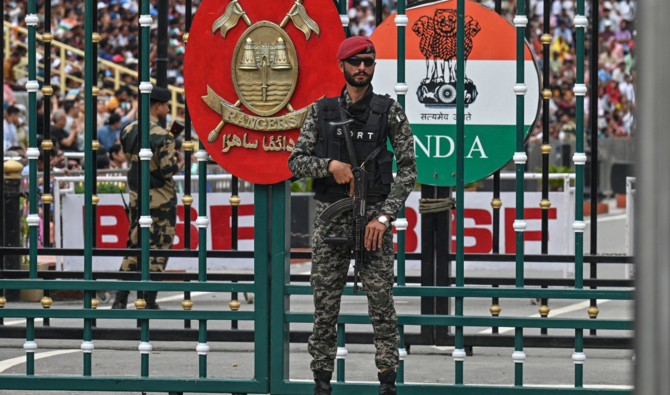ISLAMABAD: Pakistan on Monday denounced Indian Defense Minister Rajnath Singh’s recent comments about Sindh, calling them “delusional” and “dangerously revisionist” and warning that such statements threaten regional stability.
The Foreign Office said Singh’s remarks reflected “an expansionist Hindutva mindset that seeks to challenge established realities” and violate international law and the sovereignty of states.
The statement came after Singh was quoted by Indian media as saying: “Today, the land of Sindh may not be a part of India, but civilisationally, Sindh will always be a part of India. And as far as land is concerned, borders can change. Who knows, tomorrow Sindh may return to India again.”
He was also cited as claiming that Hindu community in Sindh of his generation had “never fully accepted the province’s accession to Pakistan.”
Islamabad rejected these assertions outright, urging Indian leaders to refrain from rhetoric that could inflame tensions.
“We urge Mr. Rajnath Singh and other Indian leaders to refrain from provocative rhetoric that threatens regional peace and stability,” the Foreign Office said, arguing the Indian government would be “far more constructive” if it focused on protecting its own citizens, especially “vulnerable minority communities.”
The statement also criticized the treatment of communities in India’s northeast, noting that many continue to face “systematic marginalization, identity-based persecution, and cycles of state-enabled violence.”
Reiterating its longstanding position on Kashmir, Pakistan called on India to take “credible steps toward the genuine resolution of the Jammu and Kashmir dispute in accordance with UN Security Council resolutions and the aspirations of the Kashmiri people under occupation.”
Islamabad added that while it remains committed to peace based on “justice, equity and established international legal norms,” it is “firmly resolved to safeguard its security, national independence and sovereignty.”
The exchange marks the latest in a series of diplomatic tensions between the nuclear-armed neighbors, underscoring how historical grievances, territorial disputes and identity-based politics continue to shape regional discourse.

.jpg)




